In the war on terror we did everything wrong that we could have done
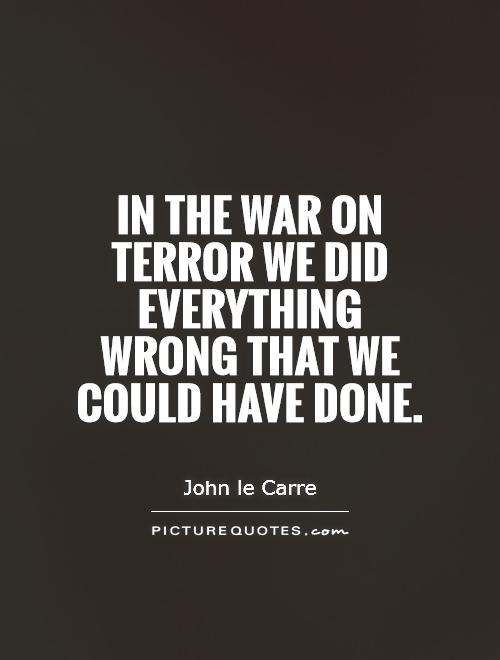
In the war on terror we did everything wrong that we could have done
John le Carré, the renowned British author of espionage novels, has often been critical of the actions taken by Western governments in the war on terror. In his works, he has explored the complexities and moral ambiguities of intelligence operations and the consequences of misguided policies. One of the recurring themes in his writing is the idea that in the pursuit of security, governments often resort to tactics that are counterproductive and ultimately undermine the very values they seek to protect.Le Carré's statement that "In the war on terror we did everything wrong that we could have done" reflects his belief that the response to terrorism in the post-9/11 era was characterized by a series of mistakes and missteps that only served to exacerbate the problem. From the invasion of Iraq based on faulty intelligence to the use of torture and extraordinary rendition, Western governments engaged in actions that not only violated international law but also fueled resentment and radicalization among populations in the Middle East and beyond.
Le Carré's critique of the war on terror is rooted in his deep understanding of the world of espionage and his belief in the importance of upholding ethical standards even in the face of existential threats. In his novels, he often portrays intelligence officers grappling with moral dilemmas and struggling to navigate a world where the line between right and wrong is blurred. He challenges the notion that the ends justify the means and warns against the dangers of sacrificing principles in the name of security.
By highlighting the failures and shortcomings of the war on terror, Le Carré invites readers to question the assumptions and narratives that have shaped Western foreign policy in the post-9/11 era. He reminds us that the fight against terrorism is not just a military or intelligence operation but a battle for hearts and minds, and that winning the war on terror requires more than just military might or surveillance capabilities. It requires a commitment to upholding human rights, promoting justice, and addressing the root causes of extremism. In the end, Le Carré's critique serves as a powerful reminder of the importance of staying true to our values even in the face of adversity.

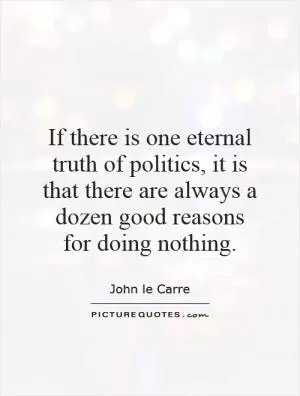

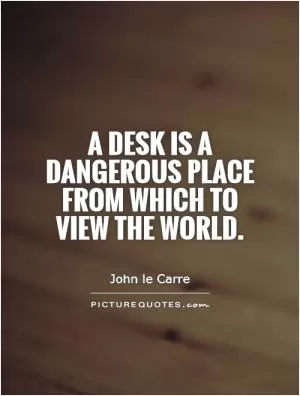

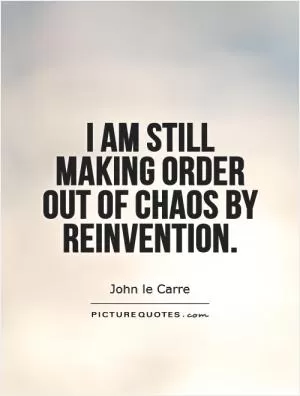





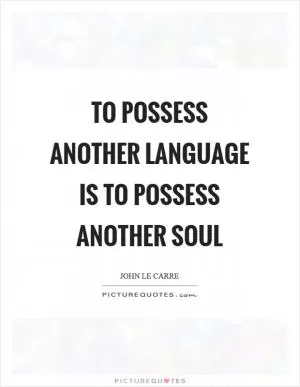
 Friendship Quotes
Friendship Quotes Love Quotes
Love Quotes Life Quotes
Life Quotes Funny Quotes
Funny Quotes Motivational Quotes
Motivational Quotes Inspirational Quotes
Inspirational Quotes